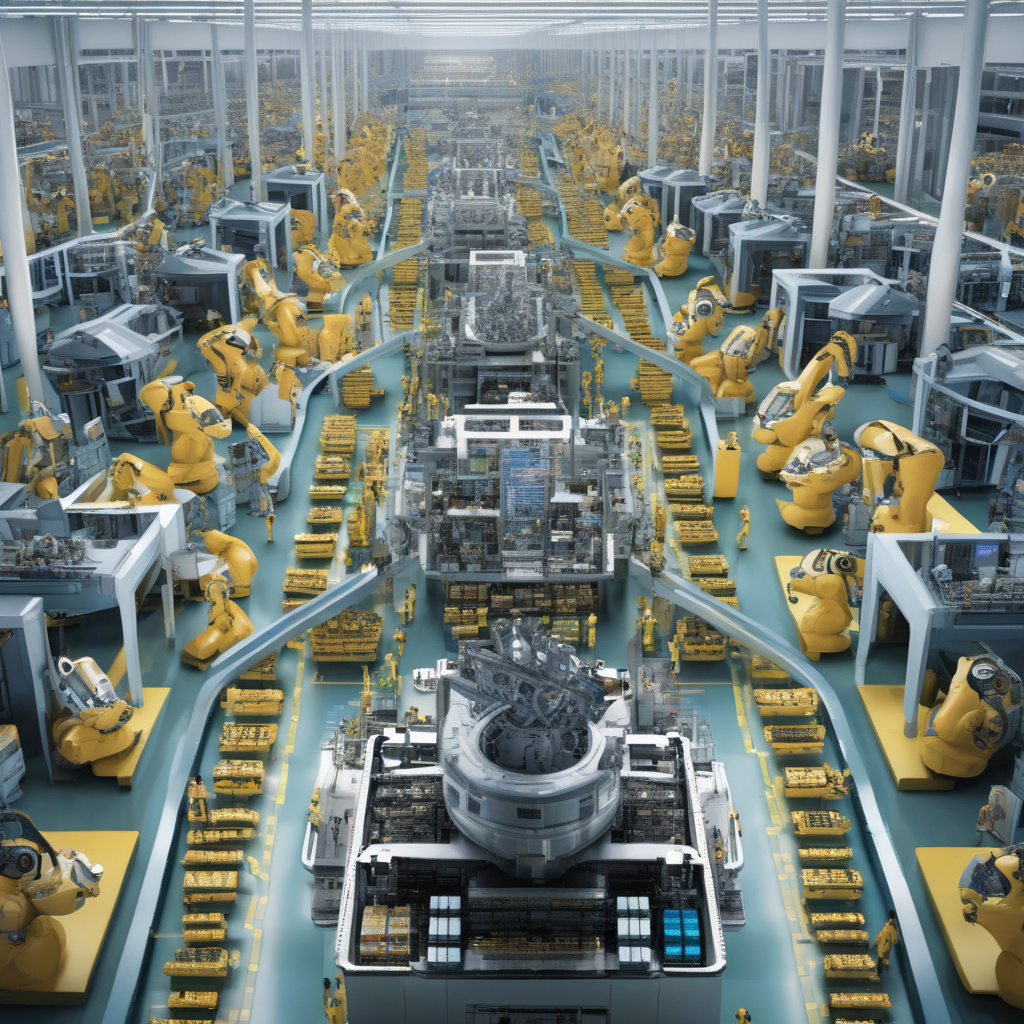Tariff Pressure Weakens Demand for Intel’s AI Chips
In the realm of technology, where innovation is the name of the game, Intel has always been at the forefront of producing cutting-edge AI chips. However, recent shifts in the market have shown that even tech giants like Intel are not immune to the impacts of economic uncertainties and tariff pressures.
One notable trend that has emerged in the wake of these challenges is the unexpected surge in sales of older Intel chips. As economic uncertainty looms large, businesses are becoming increasingly cautious with their budgets, leading them to opt for more cost-effective solutions. This has inadvertently led to a resurgence in demand for older Intel chips, which are now seen as a more financially prudent choice for many organizations.
On the flip side, the demand for newer AI models produced by Intel has taken a hit. The imposition of tariffs and the resulting increase in production costs have made these cutting-edge chips a less attractive option for businesses looking to upgrade their technology infrastructure. As a result, Intel has been faced with a slowdown in the adoption of its newer AI chips, despite their superior performance capabilities.
This shift in demand has forced Intel to reassess its strategies and find ways to navigate the challenging economic landscape. One approach the company has taken is to offer more competitive pricing for its newer AI chips, in an attempt to entice customers who may be hesitant to invest in the latest technology due to financial concerns. By making their products more accessible, Intel hopes to regain some of the market share that has been impacted by tariff pressures.
Additionally, Intel has been focusing on highlighting the long-term benefits of investing in newer AI chips, despite the initial higher costs. By showcasing the enhanced performance, efficiency, and capabilities of these chips, Intel aims to convince businesses that the upfront investment is worth the long-term gains.
Furthermore, Intel has been ramping up its marketing efforts to educate consumers about the value proposition of its AI chips. By providing real-world examples of how businesses can benefit from the advanced features of their chips, Intel is working to dispel any doubts potential customers may have about the return on investment of upgrading to newer models.
In conclusion, the current economic uncertainty and tariff pressures have undoubtedly had an impact on the demand for Intel’s AI chips. While sales of older chips have seen a surprising uptick, the demand for newer models has weakened. Intel’s response to these challenges will be crucial in determining how the company navigates this period of uncertainty and emerges stronger on the other side.
#Intel #AI #Chips #EconomicUncertainty #TariffPressures
